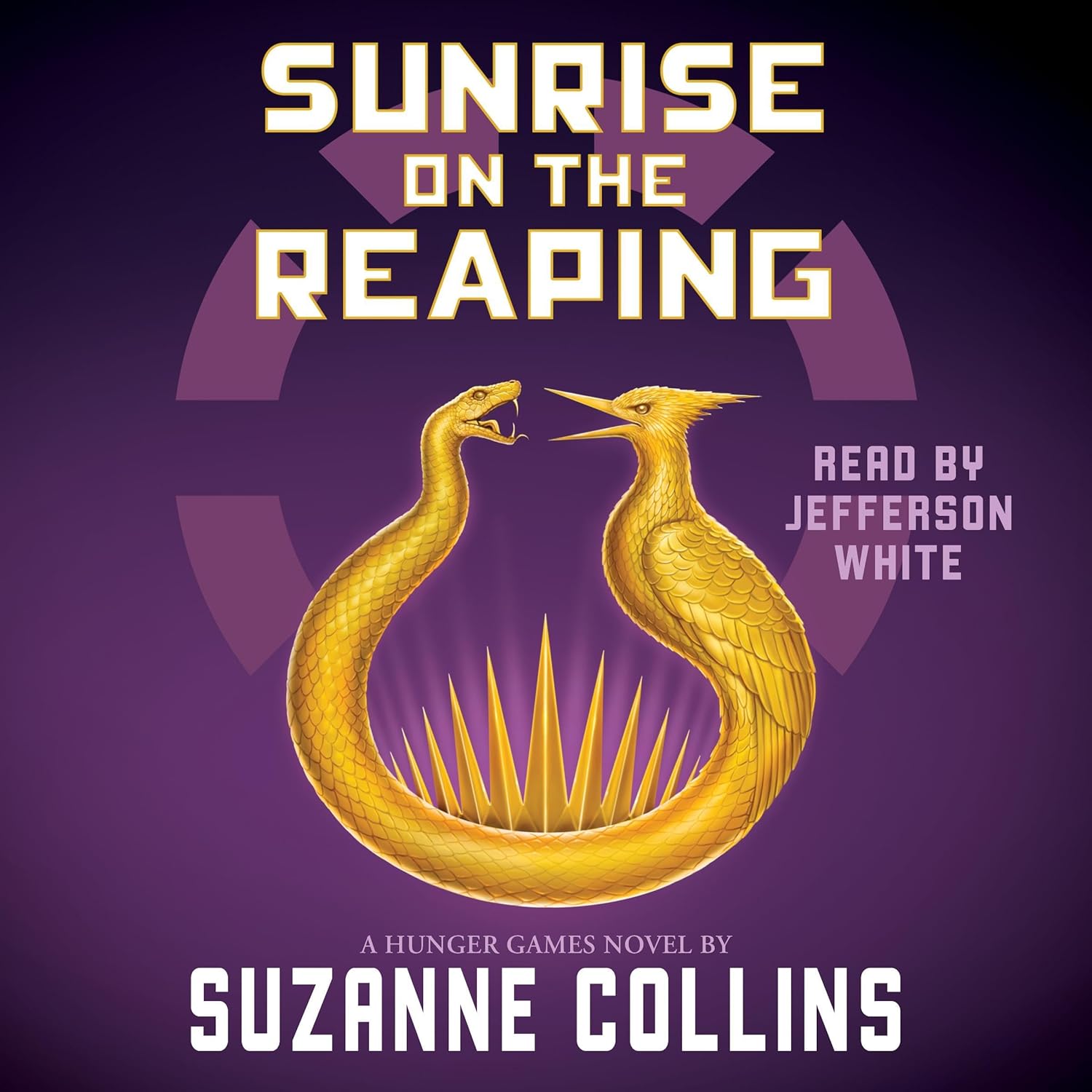[toc]
nepenthe secrets analyzing a compelling ebook excerpt
Sunrise on the Reaping (A Hunger Games Novel) (The Hunger Games)
Page 173 Review
A Toast to Forgetfulness: Decoding Plutarch’s Nepenthe in Ebook Excerpt
This excerpt from the ebook paints a vivid scene, rich with symbolism and subtle power dynamics.
The interaction between the narrator, a self-proclaimed “bootlegger,” and Plutarch, a character of apparent sophistication and hidden knowledge, is immediately intriguing.
Let’s delve into the key elements:
The Allure of the Hidden Bar
The description of Plutarch’s hidden bar is masterful.
The transformation of the desk into a liquor tray is not just a clever design; it symbolizes the unveiling of something clandestine and potentially intoxicating. “The top splits in two and a tray full of sparkling bottles rises in its place.” This act of revelation sets the stage for a deeper exploration of Plutarch’s character and his intentions.
The Bootlegger’s Curiosity
The narrator’s initial reluctance to drink, juxtaposed with their “professional curiosity,” highlights a key conflict. “I don’t drink.” but the narrator is enticed by the array of colorful liquors, immediately establishing them as someone deeply familiar with the world of illicit substances.
The description of the liquor as “white liquor, only dressed up” speaks to the narrator’s cynicism and understanding of deception.
Nepenthe: A Symbol of Forgetfulness and Remembrance
The introduction of nepenthe is the turning point of the excerpt.
The narrator’s internal recognition of the drink, tied to “the poem that gave my love her name,” adds a layer of personal history and emotional vulnerability.
The narrator’s reaction to Plutarch’s patronizing tone is sharp and assertive: “You mean, like ‘Quaff, oh quaff this kind nepenthe . . .’ ?” This moment of intellectual sparring reveals the narrator’s hidden depth and challenges Plutarch’s preconceived notions.
Literary Allusion: Poe’s “The Raven”
The reference to Edgar Allan Poe’s “The Raven” is crucial.
Nepenthe, in Poe’s poem, represents a drug or potion meant to alleviate sorrow and loss, specifically the pain of losing Lenore.
The narrator’s knowledge of the line “‘. . . and forget this lost Lenore!’ ” suggests a shared understanding of grief and the desire to escape painful memories.
This shared literary knowledge creates a complex bond between the narrator and Plutarch.
Unsettling Revelation
Plutarch’s completion of the line is unsettling because it implies a level of intimacy and understanding that the narrator didn’t anticipate. “Plutarch’s eyebrows shoot up in surprise.
He completes the line. “‘. . . and forget this lost Lenore!’ ” This unexpected connection raises questions about Plutarch’s motives and the potential significance of the lost Lenore in their shared history.
Analysis of Themes
Several themes emerge from this excerpt:
* **Deception and Appearance:** The “dressed up” white liquor and the hidden bar suggest that things are not always as they seem.
* **Memory and Forgetfulness:** The presence of nepenthe highlights the human desire to escape painful memories.
* **Power Dynamics:** The interaction between the narrator and Plutarch is a subtle dance of power, with each character trying to assert dominance.
* **Shared History:** The literary allusion hints at a shared past or a connection that transcends their initial interaction.
In Conclusion
This ebook excerpt is a masterclass in subtle storytelling.
Through vivid descriptions, clever dialogue, and a well-placed literary allusion, it creates a world of intrigue and emotional depth.
The introduction of nepenthe and the shared knowledge of Poe’s poem create a compelling hook, leaving the reader eager to uncover the secrets that lie beneath the surface.
Buy full ebook for only $15: https://www.lulu.com/shop/suzanne-collins/sunrise-on-the-reaping-a-hunger-games-novel-the-hunger-games/ebook/product-e7496ww.html?page=1&pageSize=4
Nepenthe Secrets Analyzing A Compelling Ebook Excerpt
Read more: The Hunger Games: Transformation and Sacrifice Analysis

